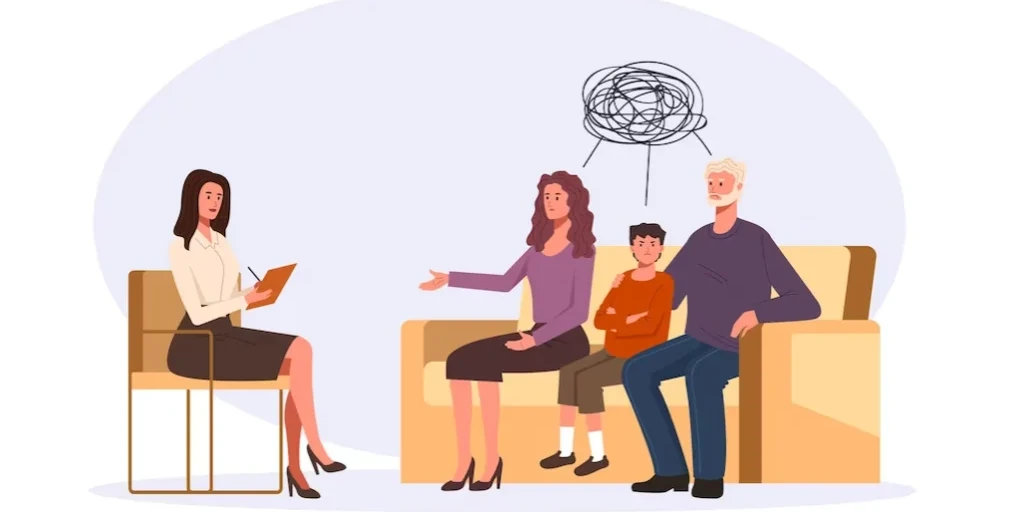24/7 Helpline:
(866) 899-221924/7 Helpline:
(866) 899-2219
Learn more about PTSD Rehab centers in Union County

Other Insurance Options

Ambetter

Holman Group

Regence

MVP Healthcare

Humana

Private insurance

Ceridian

Health Partners

Kaiser Permanente

American Behavioral

BlueShield

Amerigroup

Group Health Incorporated
Beacon

Covered California

Highmark

Coventry Health Care

Aetna

Magellan

Oxford

Center for Human Development
Center for Human Development is a private rehab located in La Grande, Oregon. Center for Human Devel...

Jonathan M. Wainwright Memorial VA Medical Center – La Grande VA Community Based Outpatient Clinic
Jonathan M. Wainwright Memorial VA Medical Center - La Grande VA Community Based Outpatient Clinic p...
















































































Heart Steps Counseling Services
Heart Steps Counseling Services is a private rehab located in La Grande, Oregon. Heart Steps Counsel...

Grande Ronde Recovery
Grande Ronde Recovery is a private rehab located in La Grande, Oregon. Grande Ronde Recovery special...


















